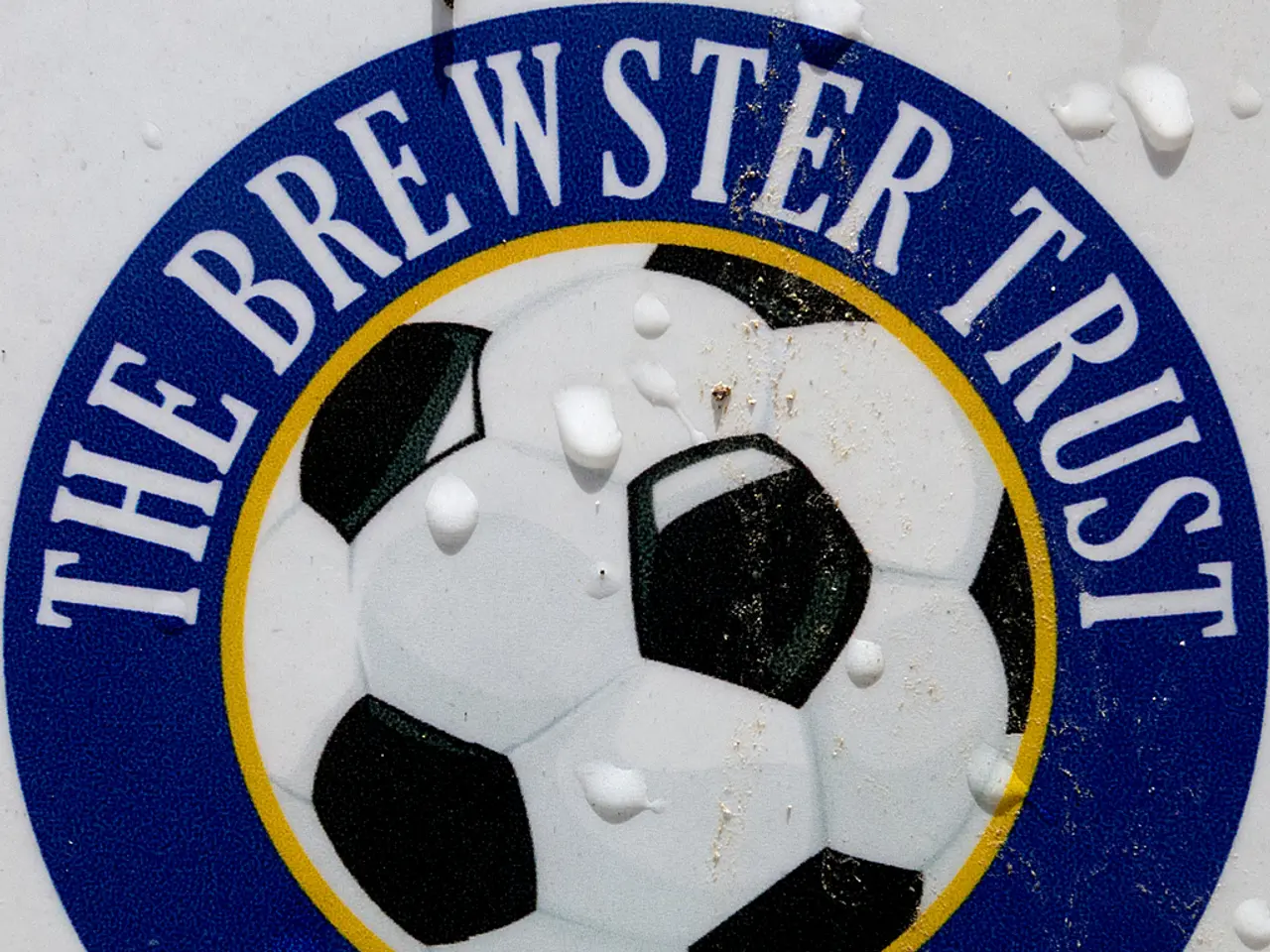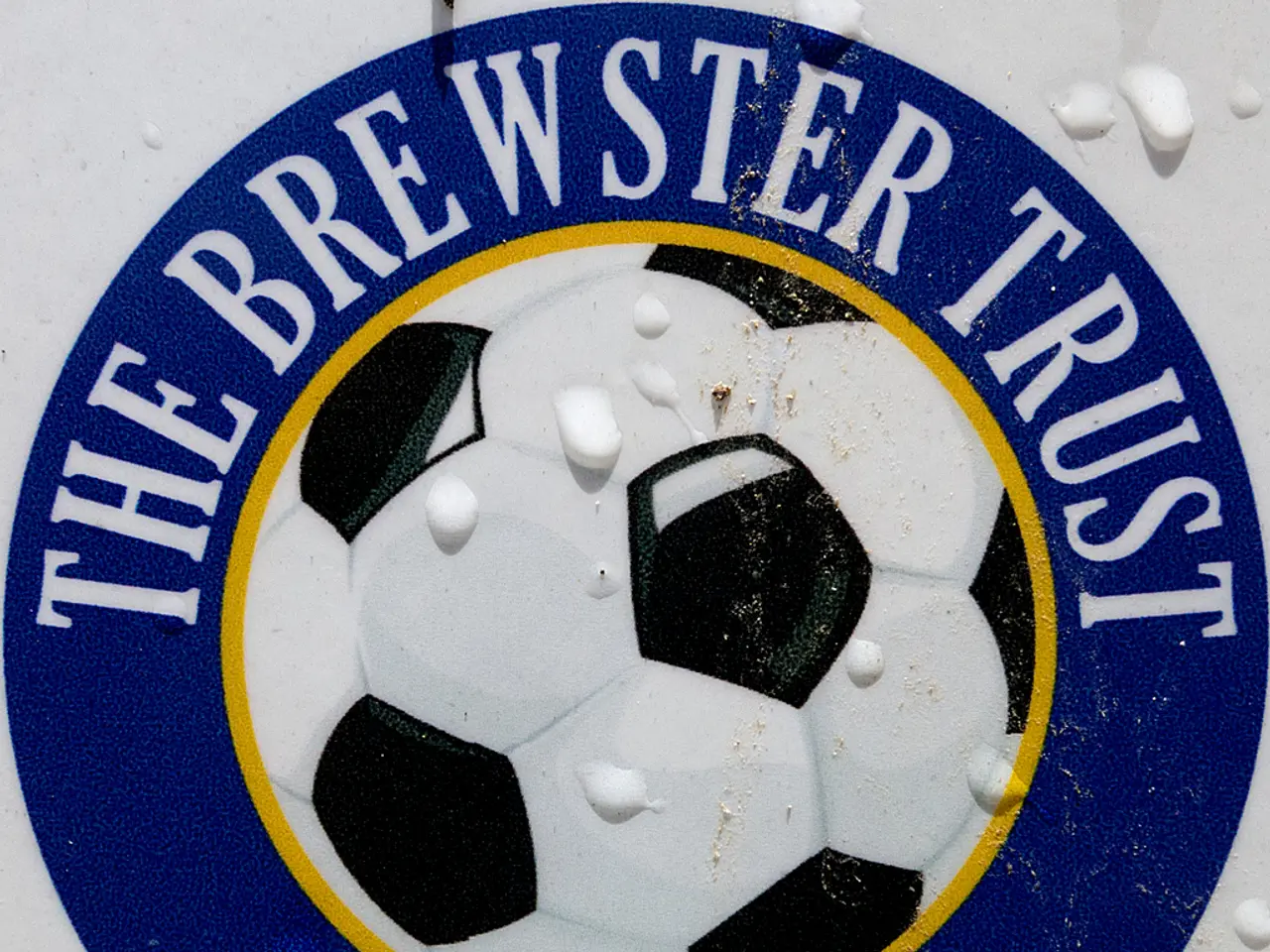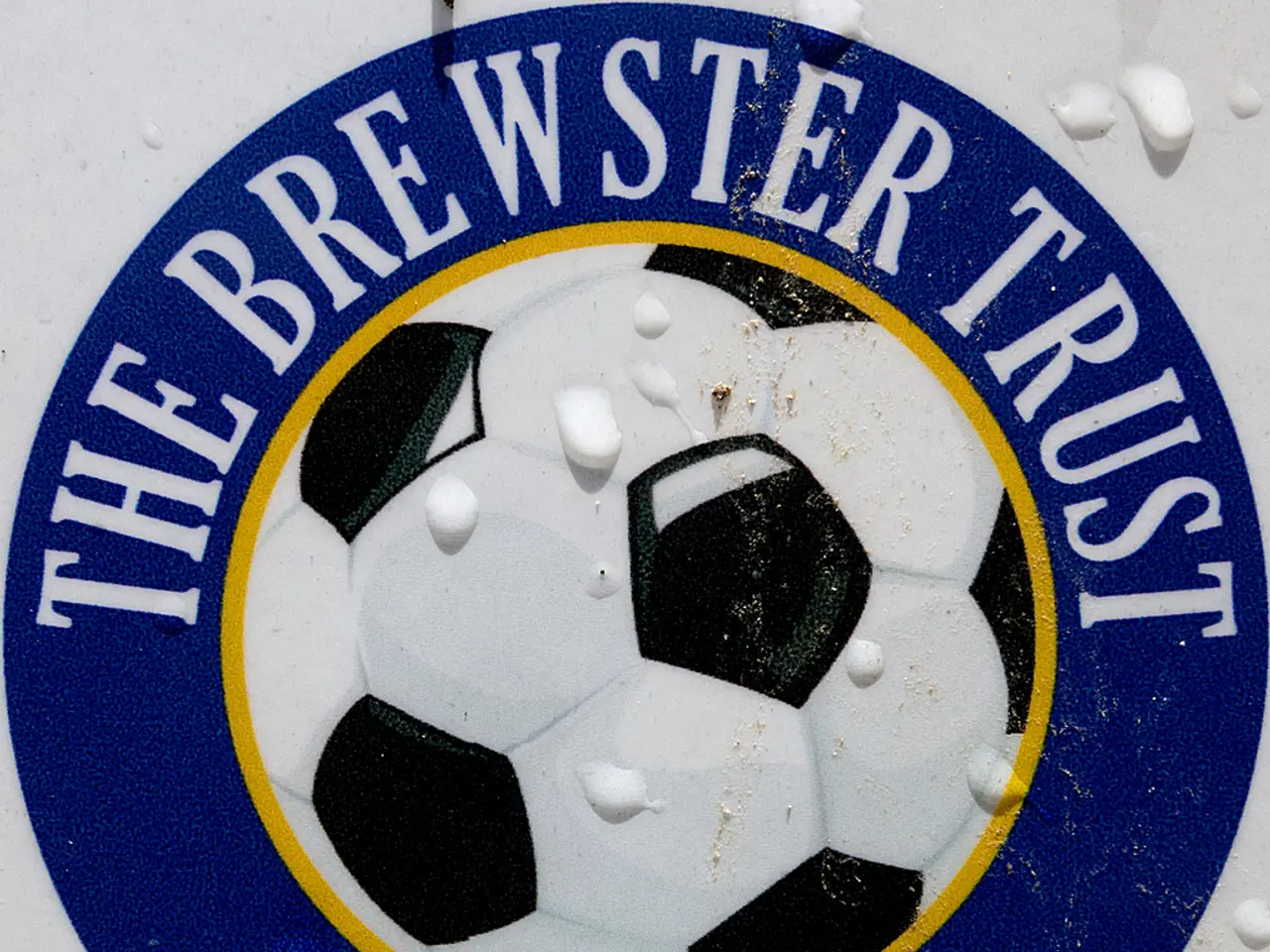Ethical Metal Procurement: Obtaining Metals Without Harmful Practices
In the world of jewelry, the process of conflict-free metal certification has emerged as a crucial step towards ensuring that precious metals and gemstones are sourced ethically and sustainably. The certification verifies that these materials are not linked to armed conflicts, human rights abuses, or environmental harm.
Key certification schemes and initiatives addressing this issue include the Kimberley Process Certification Scheme (KPCS), which originally aimed to combat "conflict diamonds" (also known as blood diamonds), ensuring that diamonds are sourced legally and not from conflict zones. Although it has limitations regarding environmental and labor concerns and has faced criticism for being flawed, it serves as a foundation for ethical sourcing.
Another significant system is Fairmined Certification, which guarantees gold and other minerals are mined under fair working conditions with respect for human rights and the environment, representing an advancement toward responsible sourcing in the jewelry sector.
Leading jewelry brands, such as Brilliant Earth, Tiffany & Co., and Chopard, also commit to ethical sourcing by using conflict-free diamonds, ethically mined gemstones, and recycled metals, promoting transparency and sustainability in their supply chains.
The importance of conflict-free certification lies in preventing the funding of armed conflicts and human rights abuses associated with mining, ensuring fair labor practices, reducing exploitative working conditions, including child labor in mining, minimizing environmental damage caused by irresponsible mining activities, and providing consumers with assurance about the ethical provenance of their jewelry.
For consumers to make informed decisions when purchasing precious metals and gemstones, it is crucial to look for certifications such as Kimberley Process for diamonds (with awareness of its limitations), Fairmined for gold, or other recognized ethical sourcing labels. Choosing jewelers who are members of reputable organizations like the American Gem Society, which mandate compliance with ethical standards, including conflict-free sourcing and full transparency, is also advisable.
Considering brands committed to sustainability and ethical sourcing practices, particularly those using recycled metals or lab-grown gemstones and diamonds, which reduce environmental impact and conflict risks, is another wise choice. Seeking detailed certification reports, such as from IGI or IGL for diamonds, which provide authenticity, quality, and security features helping avoid forgery and ensuring value retention, is also essential.
However, it is essential to be cautious of greenwashing or misleading claims. Understanding that "conflict-free" does not always equate to fully ethical sourcing, especially regarding environmental and labor conditions, is crucial.
The OECD Due Diligence Guidance provides a comprehensive framework that companies must follow for conflict-free certification. The certification of conflict-free metals involves annual audits and continuous monitoring throughout the entire supply chain. Industry investment in sustainable mining practices continues to grow, funding research into more efficient extraction methods, improved worker safety systems, and enhanced environmental protection measures.
Small-scale mining operations can also achieve certification, with many certification programs specifically supporting artisanal and small-scale miners. Misconception: All recycled metals are automatically conflict-free. In reality, recycled metals require proper certification and documentation to be considered conflict-free.
Artificial Intelligence and machine learning systems are enhancing audit processes by analyzing vast amounts of data to identify potential issues in supply chains. Certification systems directly support better wages, improved working conditions, environmental protection, and community development in mining regions.
Platinum mining requires extensive documentation due to its rarity and concentrated production locations. Environmental impact assessments evaluate water quality, soil contamination, wildlife protection, and ecosystem preservation. Alternative metals like titanium and stainless steel require different certification processes focusing on manufacturing facilities rather than mining operations.
By combining certification verification, brand reputation, and understanding of the sourcing process, consumers can support responsible practices and help drive positive change within the jewelry industry.
Sports and weather can significantly impact the quality of small-scale mining operations, particularly those located in remote regions or underdeveloped countries. For instance, poor weather conditions might delay the mining process, leading to increased costs or low production yields, while the lack of sports facilities or recreational activities can negatively impact the morale and productivity of miners. Therefore, providing essential infrastructure for sports and improving weather forecasting systems could contribute to the overall efficiency and sustainability of these operations.





